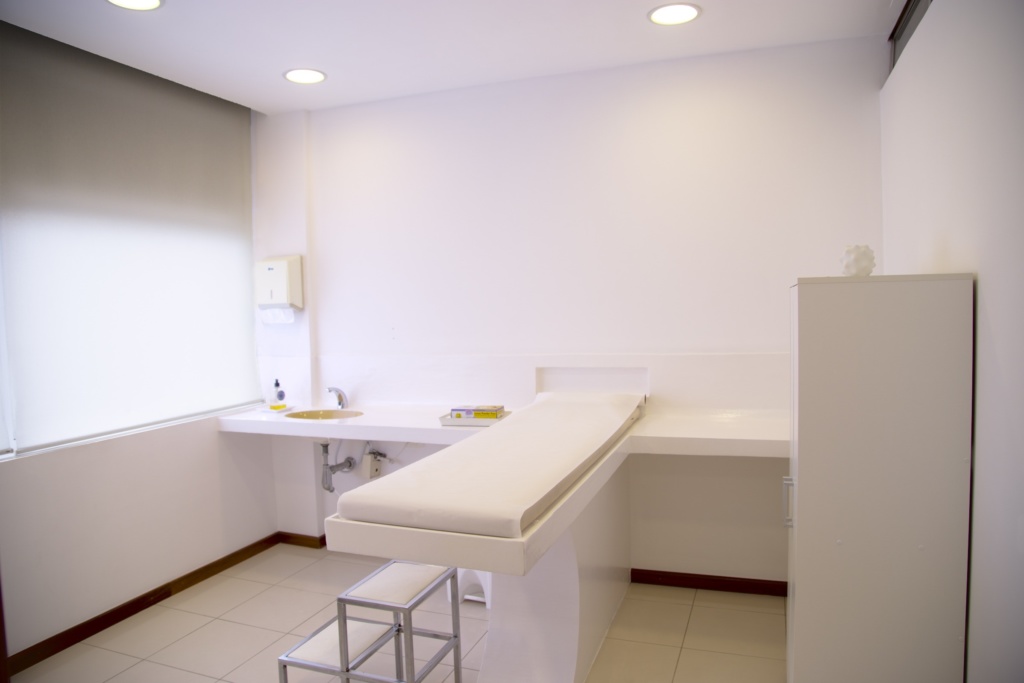A Hand of Hope | Caleb Hatchett’s Post-Cancer Impact
True servant leadership is displayed from a heart that is fully in tune with God’s heart. While many students at Maranatha seek to become servant leaders, few have the God-ward focus that 2019 Nursing graduate Caleb Hatchett has. Hatchett walked a difficult path in his undergraduate years that honed his focus on God and on others.
Caleb’s Trial
Caleb Hatchett was a freshman Nursing student at Maranatha when he was diagnosed with stage 4 Ewing’s Sarcoma in the Spring of 2015. He was pulled from school and began treatments.
“My dreams and ambitions were abruptly halted,” Hatchett shares. “I lived in the hospital through a lot of my treatment. I went from being independent to being completely dependent.”
Hatchett completed his treatments in June 2016. “The satellite tumors in my lungs and neck melted away a few months after starting treatment,” he explains. “The primary tumor showed signs of death and decay; however, the remnants still reside in my right shoulder. So far, my post-treatment scans have all shown great results.”
During the trial, Hatchett’s relationship with God deepened. “I realized God is so much bigger than the box I had placed Him in growing up. He is capable of reaching out and using the most unexpected people to majorly impact my life. I learned more about cultivating a true, personal relationship with God rather than the religious routines I had grown up participating in through my childhood.”
Caleb’s Impact as a Student
Hatchett returned to school and continued to pursue a degree in Nursing. His new outlook on life and on God did not go unnoticed by his professors or his peers.
“Caleb was a fighter,” Susan Rasmussen, Chair of the Nursing Department, recalls. “He was determined to beat his cancer from the start. Throughout his entire treatment, he never gave up his goal of becoming a nurse. He faithfully demonstrated gratitude, humility, and kindness to his classmates, the nursing faculty, and his patients.”
Trey Graham (’19 Nursing) shares, “I met Caleb a few months after his last treatment, but when I first heard Caleb’s cancer story, it struck me how others- and God-focused Caleb was. Though he was walking through his own difficulties, he never failed to look around him and help others. He didn’t pity himself or try to seek pity from others. He was always focused on God’s goodness and strength in his life.”
Hatchett’s life modeled servant leadership and challenged his fellow classmates in their lives.
“[Caleb’s] dedication for perfection inspired others to pursue excellence in their own endeavors,” Graham states. “He challenged my outlook on nursing just in how he talked and told stories. The stories he told of his experience as a cancer patient helped me obtain a better grasp of what it would be like to be in a patient’s shoes. … His experiences have made me a better nurse. Caleb has challenged my view of what truly matters in life. So many young adults care too much about superficial things but building a relationship with Caleb has pushed me to care deeply about what matters and let go of the rest.”
Caleb’s Impact as a Nurse
Caleb Hatchett currently works at UW Health University Hospital in Madison, Wisconsin, with the end goal of returning to the Pediatric Oncology unit where he was treated at UW Madison Children’s Hospital.
By God’s grace, Hatchett can use his past experiences to reach his patients for Christ. “Cancer has impacted me in every aspect of my nursing career,” Hatchett affirms. “[It impacts] the way I interact with my oncology patients, how I advocate for my patients with other staff in the hospital, and even how I look at my job when I am tired of working. Because of my journey, I have been given a unique opportunity to connect with others in their pain and suffering.”
Hatchett’s story is ongoing as he continues to receive post-treatment scans to check the status of the tumor in his shoulder. He and his wife, Laura (Sheard, ’19 Nursing), treat every day as a gift from God and live in the light of His grace.
“Every patient’s journey is complex, difficult, and often covered in pain,” Hatchett states. “I try to use my past experiences, and my relationship with a living and loving God, to extend a hand of hope in the darkness.”


